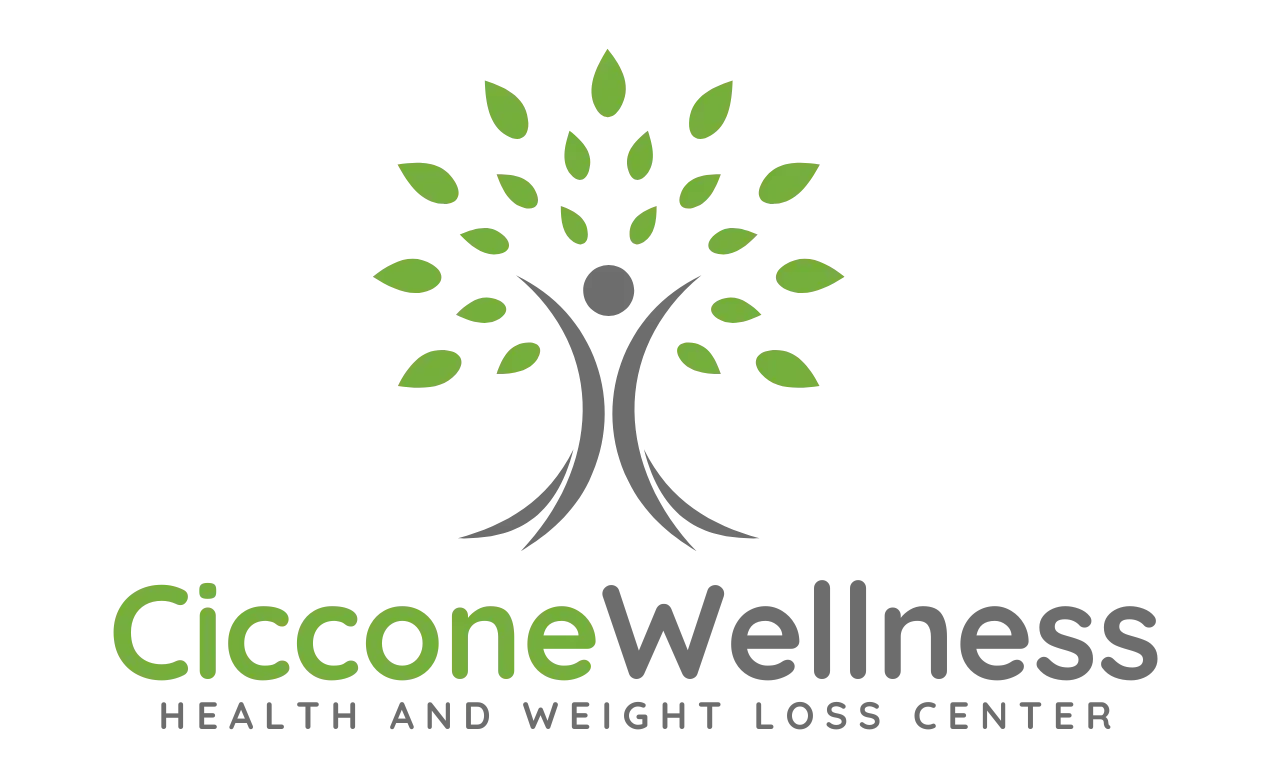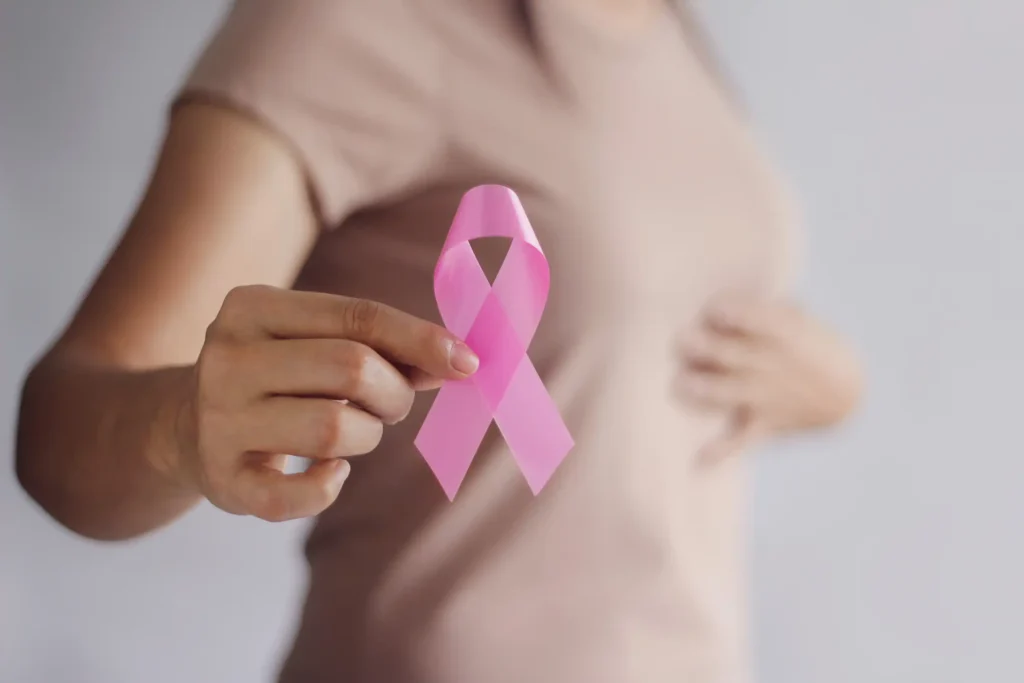When it comes to breast health, what you eat plays a significant role. Incorporating a variety of nutrient-rich foods into your diet can help promote breast health and reduce the risk of breast cancer. In this blog, we’ll explore some of the top foods that are known for their benefits in maintaining healthy breasts.
1. Broccoli and Friends
Veggies like broccoli, cauliflower, kale, and cabbage are packed with essential vitamins like A and C. These antioxidants can help counteract the toxins and carcinogens that may contribute to breast cancer. To maximize their benefits, enjoy these vegetables either raw, sautéed, or blanched.
2. Flax Seed
Flax seeds are renowned for their omega-3 fatty acids, but they also contain an abundance of lignans, plant compounds with antioxidant and phytoestrogen properties. Research indicates that phytoestrogens can target estrogen receptors, potentially preventing estrogen-stimulated breast cancer. Incorporate flax seeds into your daily meals by adding them to yogurt, oatmeal, salads, or smoothies.
3. Turmeric
Turmeric, known for its anti-inflammatory properties, contains curcumin, an active compound that may inhibit the spread of breast cancer. Include turmeric in your diet through curry dishes, soups, scrambled eggs, or warm milk.
4. Red and Orange Produce
Carotenoids found in red and orange produce, such as tomatoes, carrots, and sweet potatoes, convert into vitamin A in your body, supporting overall health. These compounds may also be linked to a reduced risk of certain types of breast cancer.
5. Oily Fish
Salmon, tuna, sardines, anchovies, and mackerel are rich in cancer-fighting vitamin D and omega-3 fatty acids. Some studies suggest that omega-3s can inhibit blood vessel growth within tumors, potentially slowing down cancer progression.
6. Berries
Blueberries, strawberries, blackberries, and raspberries are not only delicious but also high in immune-boosting vitamin C and antioxidants. These antioxidants help protect your body from cellular damage. Incorporate berries into your diet by eating them fresh, frozen, or dried, or by adding them to smoothies and salads.
7. Walnuts
Studies have indicated that incorporating more plant-based meals into your diet can be protective against breast cancer. Walnuts, in particular, have been shown to slow breast tumor growth and reduce the risk of breast cancer. Consider using ground walnuts as a replacement for ground beef in dishes like tacos.
8. Grapes
Grapes, especially red and purple varieties, contain high levels of resveratrol, an antioxidant associated with the prevention of breast, liver, and stomach cancer. Remember, the skin is where most of these antioxidants reside. Freeze grapes for a refreshing snack or toss them into your salads.
9. Lentils
Lentils are an excellent source of plant-based protein that can help reduce inflammation and potentially lower your risk of breast cancer. They are also rich in fiber and antioxidants. Incorporate black, green, or red lentils into your meals as a substitute for ground beef in various dishes.
10. Black Beans
Among the various types of beans, black beans stand out as one of the healthiest choices. They are loaded with antioxidants that may help lower your risk of breast cancer, as well as other types of cancer and chronic illnesses. Additionally, black beans are a good source of ergothioneine, an amino acid that protects your DNA.
11. Whole Grains
Whole grains are a vital source of bioactive phytochemicals—natural compounds that can prevent or manage breast cancer. One study even found that women who consumed whole grains more than seven times a week had a reduced risk of breast cancer. Look for whole-grain options like oatmeal, bread, crackers, tortillas, pasta, and brown rice to include in your diet regularly.
Remember that maintaining a balanced and diverse diet is key to overall health, including breast health. By incorporating these nutritious foods into your meals, you can take proactive steps towards promoting healthy breasts and reducing your risk of breast cancer. Additionally, consult with a healthcare professional for personalized guidance on breast health and cancer prevention.

